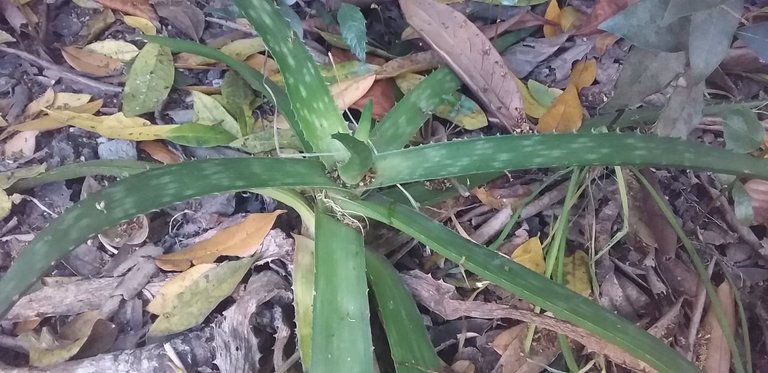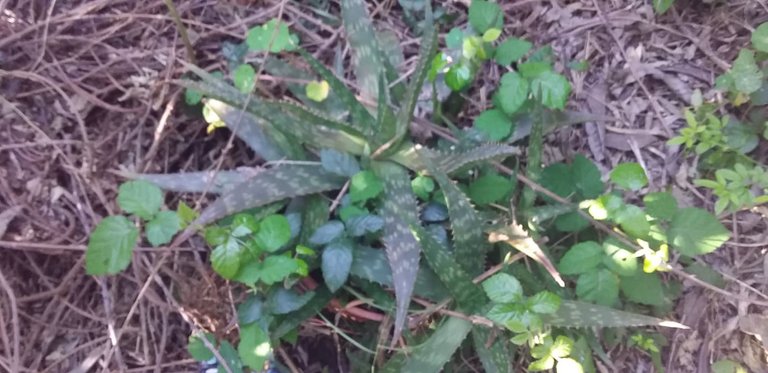Aloe vera is the skin soother of the garden. Any slight skin problem or minor cut is resolved just by contact. If we have a garden (and we take care of it), aloe is one of those plants that we can't go without.
Besides the known external properties, aloe is also edible. Granted, it's not exactly palatable and the texture is... well, uncomfortable. I found out this year that the flower is also edible. I'm waiting for my plants to flower to try it out.

There is one preparation I have tried where aloe really shines.
Here it goes:
300 grams of aloe leaves without spines but with skin
250 gr of honey
1 shot of tequila or any white spirit
1 liter of water
Blend everything. It gives a fresh tasting liquor to drink from time to time after a nice meal. It's better to keep it refrigerated. It lasts around 3 months in the fridge. This preparation was originally done with Aloe arborescense.
Aloe is a powerful plant. And as it happens with all powerful plants, it's better to not abuse the quantities. This preparation was originally proposed as a folk cancer treatment. I'm not sure if it works or not, and there are confusing results in the medical literature about it. I do know, it's very tasty.

Some science:
Pharmacological Update Properties of Aloe Vera and its Major Active Constituents
pubmed.ncbi.nlm.nih.gov/32183224
"Aloe vera has been traditionally used to treat skin injuries (burns, cuts, insect bites, and eczemas) and digestive problems because its anti-inflammatory, antimicrobial, and wound healing properties. Research on this medicinal plant has been aimed at validating traditional uses and deepening the mechanism of action, identifying the compounds responsible for these activities. The most investigated active compounds are aloe-emodin, aloin, aloesin, emodin, and acemannan. Likewise, new actions have been investigated for Aloe vera and its active compounds. This review provides an overview of current pharmacological studies (in vitro, in vivo, and clinical trials), written in English during the last six years (2014-2019). In particular, new pharmacological data research has shown that most studies refer to anti-cancer action, skin and digestive protective activity, and antimicrobial properties."
Imgs: aloe in my garden.